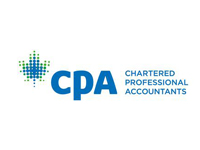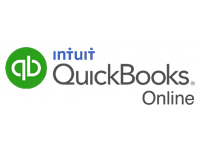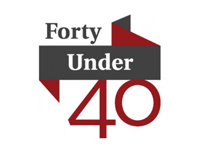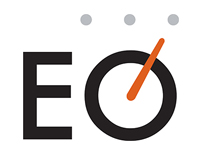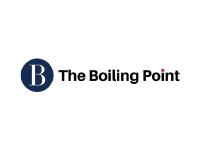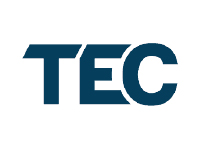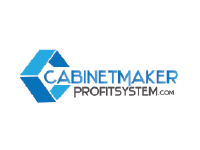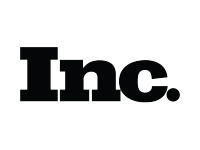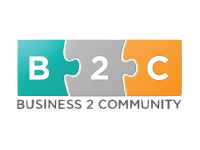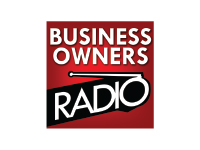
ACCOUNTING DOESN’T HAVE TO SUCK!
If you’re sick and tired of not getting the information you need to run your business, you’re not alone.
If you get sucked into accounting doing work you hate because you don’t trust your bookkeeper’s work, you’re in a popular club.
If you have a bookkeeper but have no idea what you’re paying for, you’re not the only one.
If you see spreadsheets and want to jump out a window, fear not. Yours is a common response.
Accounting is not your nemesis. It’s actually your business’ best friend. Let us help you rekindle the relationship.
No More Balance Sheet Anxiety
Day-to-day
bookkeeping
We organize, track, record, and process all your day-to-day revenue and expenses. Whether it’s across Canada or into the US, it’s automated and easy (So no more stacks of paper!).
Full Cycle
Accounting
We prepare financial statements and reports and manage your business dashboard – and we do it in English so you don’t need have an accounting degree to understand them. Keeping on track is easy.
Financial Insights - business intelligence
We get to know your numbers inside-out, backward, and forward. So we’re well qualified to help you unleash the potential of your numbers and make more money.
Bookkeeping as you know it is dead.
If you’ve got lofty goals, a bookkeeper isn’t going to cut it. You need more. Good news. As a financial insights company, we do more:
Accountants designated accountants.
Overseen and taken care of.
All accounting functions.
You get the best.
Task monitoring.
No balls are dropped. Ever
Backups.
Nothing gets lost.
Expert advice.
Complex financial concepts explained easily.
Flat fees.
You pay the same thing monthly. No surprises.
Media and Community Involvement
Accreditations
